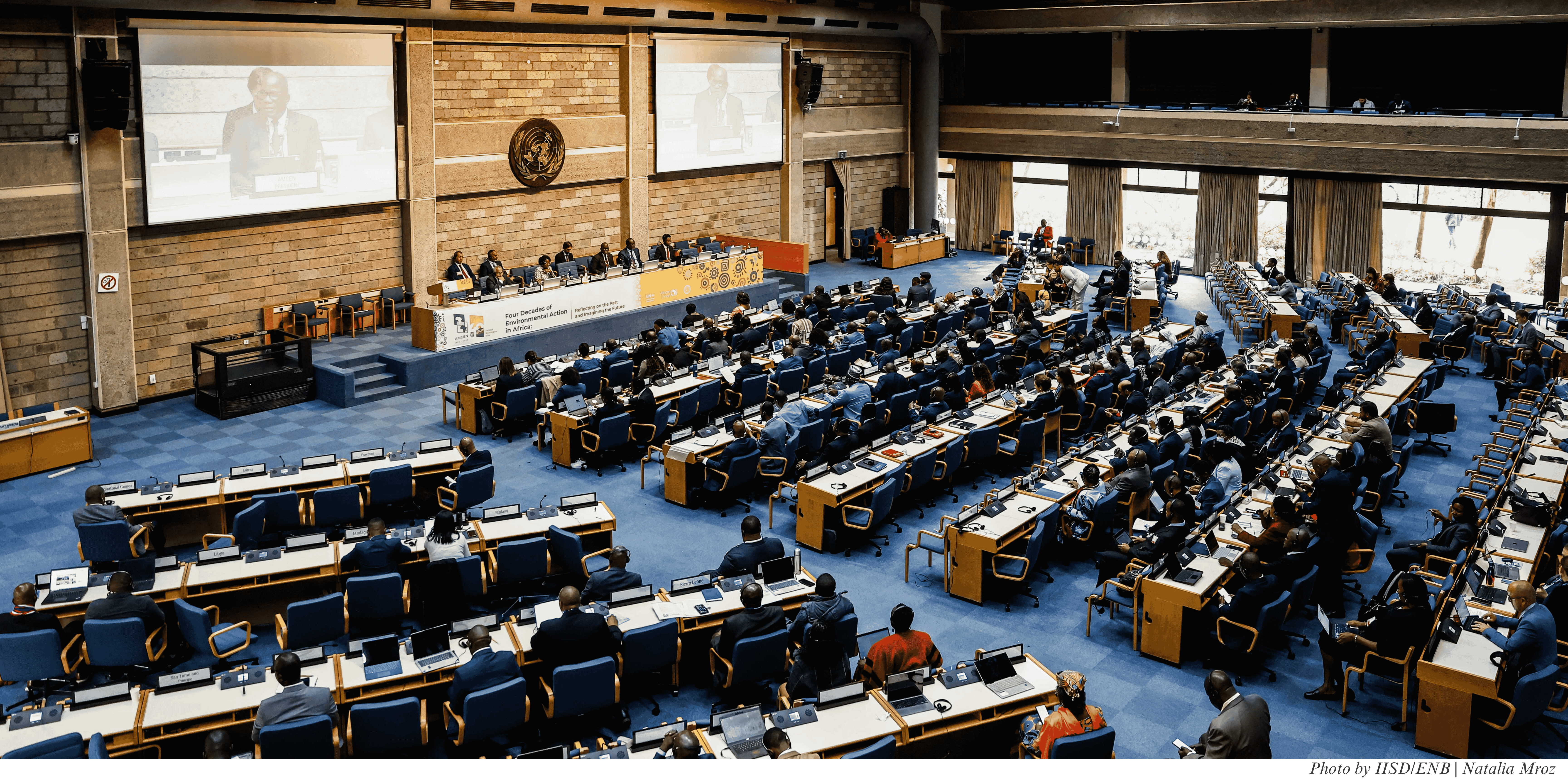Environmental ministers from across the African continent have called for a global non-use agreement on solar geoengineering, noting the profound environmental, ethical, and geopolitical risks on a planetary scale that development and use of such technologies pose.
An overview of the relevant paragraphs in relation to these decisions can be found here.
As a co-initiator and signatory of the academic initiative calling for an International Non-Use Agreement on Solar Geoengineering, I greatly welcome this AMCEN decision and the continued vital African leadership that it represents.
This is not the first time that African countries have voiced such opposition to solar geoengineering. Previous decisions and positions include the AMCEN’s 2023 Decision 19/5 calling for a global governance mechanism for non-use of solar radiation modification, and the proactive leadership by the African Group during multilateral deliberations on solar geoengineering at the 6th session of the United Nations Environment Assembly in February 2024 (for a short commentary of the deliberations at this meeting, see here). This time, AMCEN has not only reaffirmed its full rejection of any attempts to promote solar geoengineering technologies, but has also requested that African countries advance this solar geoengineering non-use position in all other relevant international negotiations and processes.
This call from African ministers sends a clear message to the rest of the world: some of the most vulnerable countries to climate change are leading the opposition to solar geoengineering. Those promoting and investing in research that may result in technology development will need to acknowledge this political reality of strong African rejection.
And African countries are not alone in their resolute call for non-use of solar geoengineering. During UNEA-6, the African Group’s strong stance against solar geoengineering found support from several other countries in the Global South, including Colombia, Fiji, Mexico, Pakistan, and Vanuatu. In other UN settings, Vanuatu and other Pacific Island countries have also urged States to “refrain from developing and using these technologies and prohibit their development and use” and to “proactively ban false and dangerous ‘solutions’ such as geoengineering”. Vanuatu’s Minister of Climate Change Adaptation, Meteorology and Geo-Hazards, Energy, Environment and National Disaster Management, has likewise called for the urgent establishment of a ban or non-use agreement on solar geoengineering.
With this decision from AMCEN, close to sixty countries in the Global South, including some of those most vulnerable to climate change, have now spoken out against solar geoengineering, calling for the negotiation of a non-use agreement on solar geoengineering or a similar mechanism. The views of large swaths of civil society are clear as well, with extensive and long-standing opposition to solar radiation modification technologies, and with over 2000 civil society organisations, with global membership, having endorsed the academic initiative calling for an International Non-Use Agreement on Solar Geoengineering. The support of African civil society for these recent AMCEN decisions has also been widespread.
The case is clear – solar geoengineering is a non-starter. And this case is now being made, unequivocally and convincingly, by political leadership emanating from the Global South.
Aarti Gupta is Professor of Global Environmental Governance at Wageningen University, The Netherlands, and the 2025 Zennström Visiting Professor of Climate Change Leadership at Uppsala University, Sweden. Her research focuses on accountability and equity in global climate policy and governance.
Photo by IISD/ENB | Natalia Mroz
